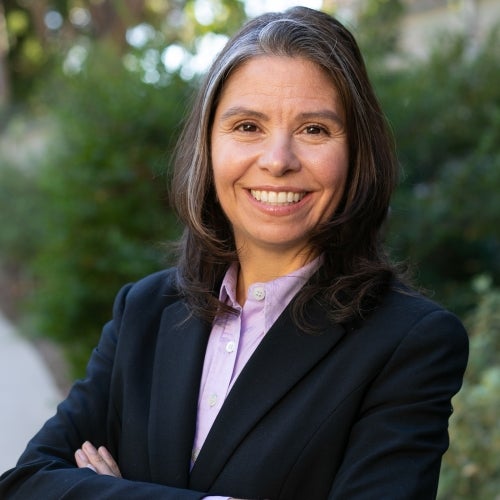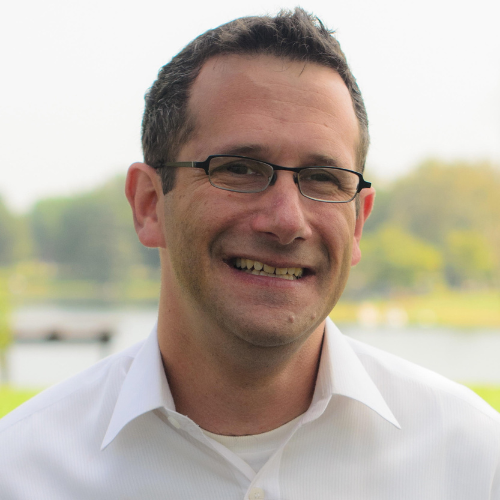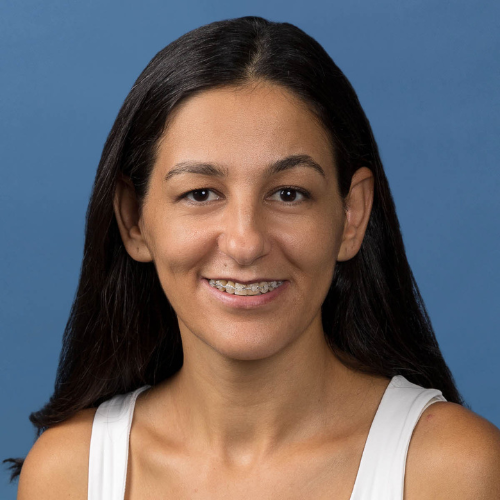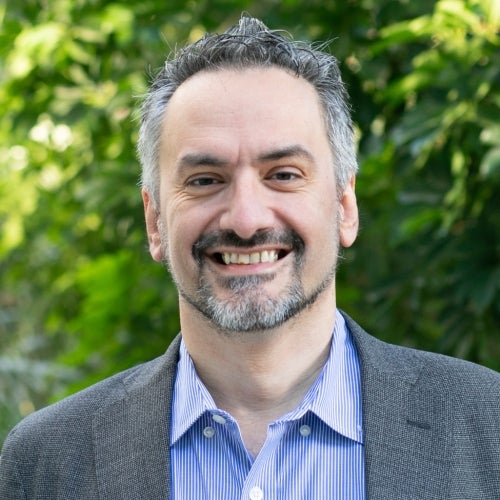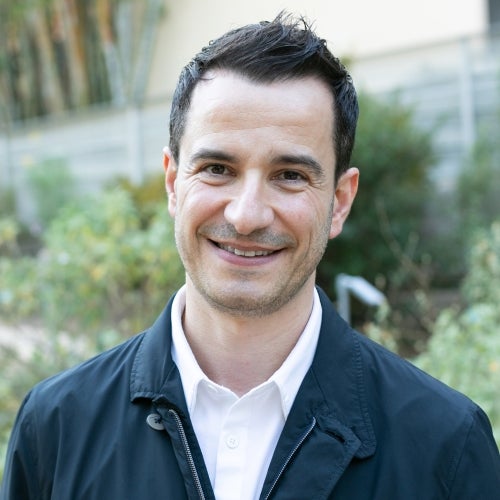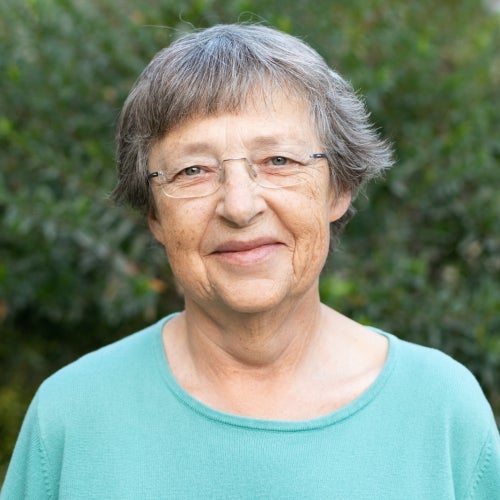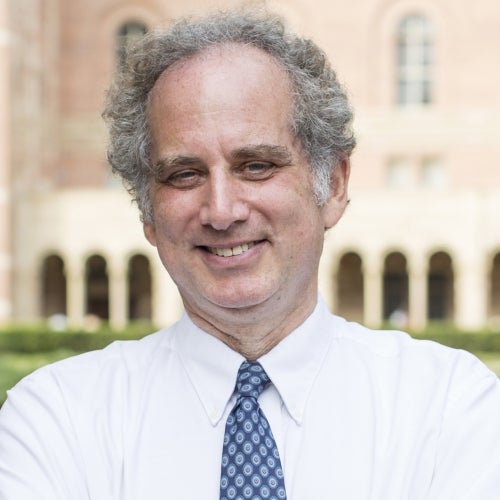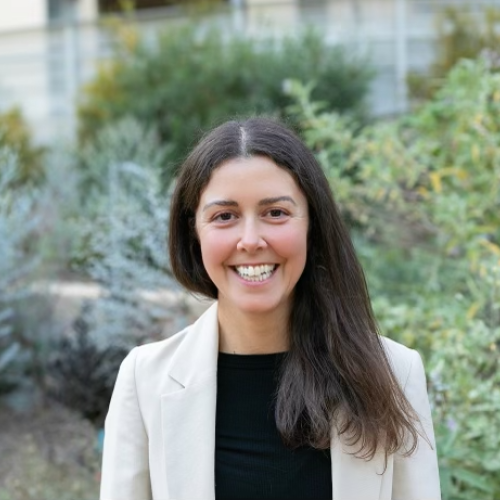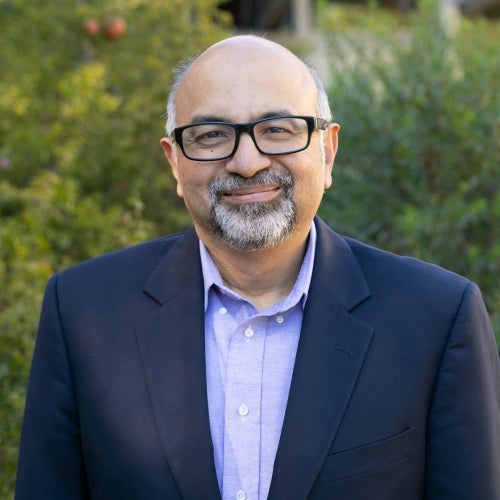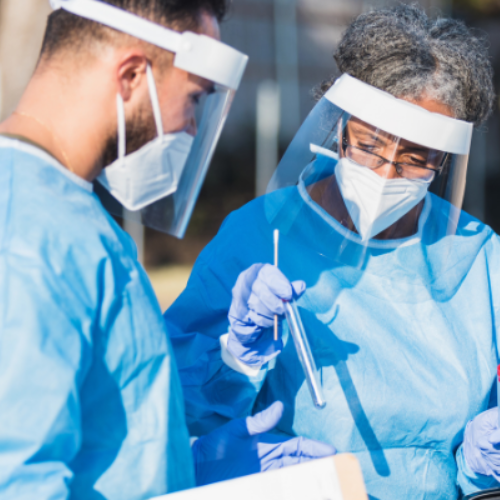"Denmark and Norway predict drastic spike in Omicron cases"
The New York Times interviewed Dr. Christina Ramirez, UCLA FSPH professor of biostatistics, about the potential threat of the COVID-19 Omicron variant

Public health authorities in Denmark and Norway on Monday released grim projections for the coming wave of the Omicron coronavirus variant, predicting that it will dominate both countries in a matter of days. Although scientists don’t yet know how often the variant causes severe disease, they say its rapid rate of spread will lead to an explosion of cases and could potentially increase pressure on hospitals, even if it proves to be mild.
The reports follow similarly worrisome findings from England released over the weekend, although researchers caution that the trend could change as the variant comes into clearer view. It’s not yet certain how often Omicron infections will send people to the hospital, or how many hospitalized patients are likely to die. And while Omicron can partly evade immune defenses, researchers have yet to determine how well vaccinations and previous infections will protect people against severe disease.
The authors of both new reports also observed that swift actions now, such as booster campaigns and reducing opportunities for Omicron to spread, could lessen the variant’s impact.
Faculty Referenced by this Article

Automated and accessible artificial intelligence methods and software for biomedical data science.
